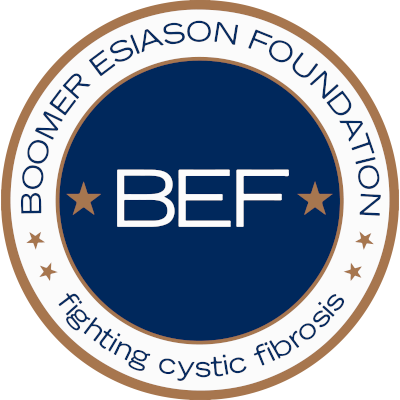Antimicrobial Resistance
Written by: Katherine Black
Imagine you become sick with an ear infection, a common experience for many people, but when you go to the doctor they tell you not only that your infection’s bacteria is resistant to the typical antibiotic prescribed, but also that there are no other options available to treat your infection. This terrifying scenario has become a reality for many, and will continue to do so unless Congress takes action to fight against antimicrobial resistant infections.
Antimicrobial resistance occurs when the bacteria that cause infections evolve from exposure to antibiotics, causing the antibiotics to no longer work. The combination of a high use of antibiotics and a low development of new antibiotics creates a frightening reality for Americans. 35,000 people in the United States die each year due to an antimicrobial resistant infection. In fact, antimicrobial resistance kills one person in the United States every fifteen minutes. The World Health Organization has “declared antibiotic resistance as one of the top ten global health threats”. No one is safe from the threat of antimicrobial resistance. One could develop an antimicrobial resistant infection from something as common as an ear infection or a c-section. We never know when we may culture an infection that makes us a part of these startling statistics, making it crucial that we have options available for when that time may come. Unfortunately, many people with rare diseases or chronic illnesses face a heightened risk for culturing antimicrobial resistant infections.
My older sister, Lauren, was diagnosed with cystic fibrosis, or CF, at 2 weeks old. Cystic fibrosis causes a thick sticky mucus to form in the lungs, creating a breeding ground for bacteria. This leads to people living with CF to frequently develop infections and utilize antibiotics at a high rate, meaning they are also exhausting their antibiotic options due to resistance. The bacteria gains frequent exposure to these antibiotics, allowing it to learn how to resist them. When Lauren was in second grade she went on the IV antibiotic Vancomycin for the first time to treat her MRSA infection. In eighth grade, her doctors had to increase her dose because the MRSA had adapted to the drug and was no longer being treated by it. In tenth grade, Lauren’s MRSA became resistant again as the bacteria had evolved to combat the higher dose. Since there is a lack of development of new antibiotics, there are no options that remotely work to treat Lauren’s MRSA besides Vancomycin. Due to this, she now has to go on a very high dose of the drug, which her body oftentimes cannot tolerate leading to heightened levels of the drug in her bloodstream. No one should be forced to put themselves in dangerous situations in order to stay healthy. I constantly fear for my sister’s future and what treatment options will be available for her as she continues to struggle with her health and is in need of new antibiotics. It terrifies me to think that I could lose my sister to an infection that could have been treated had there been proper funding. This issue persists because our current antibiotic market is failing.
The deaths and fears Americans face as a result of antimicrobial resistance make it clear that new antibiotics are needed. The current state of our antibiotic market does not allow for companies to survive through development or incentivize new companies to enter the space. As Gunnar Esiason stated, “the only way to curb the spread of resistance is limiting antibiotic use” (Esiason, 2022). However, when less antibiotics are prescribed, the companies who make them lose money. As a result, companies are forced to drop out of the market.
Our country needs a new system in order to allow for the development of new antibiotics, a necessity to saving lives in America. The PASTEUR Act would allow for just that. The PASTEUR Act “would establish a subscription-style model which would offer antibiotic developers an upfront payment in exchange for access to their antibiotics, encouraging innovation and ensuring our healthcare system is prepared to treat resistant infections” (Bennet, 2023). The act would support FDA-approved drugs only, but it would be based on value, not sales volume. This would provide drug companies an incentive to develop new antibiotics as there would be foreseeable profit in the space. Change is undoubtedly necessary in the antibiotic market in America. We cannot expect companies to enter a market in which they know they will lose money, but we also cannot leave Americans without treatment options. The bacteria that cause these infections have developed and evolved over time, but our antibiotic market seems to have only moved backwards. The PASTEUR Act would be a catalyst in saving the lives of many Americans.
With the high number of deaths caused by the growing issue of antimicrobial resistance, it is imperative for Congress to pass the PASTEUR Act in order to incentivize the development of novel antibiotics in America. This issue only grows as antibiotic use continues. We cannot wait until it is too late. When lives are at stake it is important and necessary for our government to take action.
